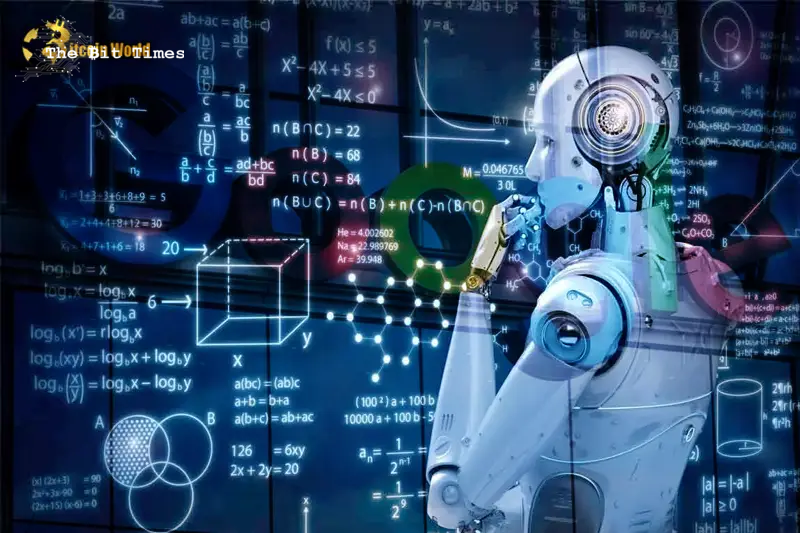Google wants the class-action lawsuit on AI data scraping dismissed.

In the realm of content creation, three critical elements take center stage: “perplexity,” “burstiness,” and “predictability.” Perplexity, the measure of textual intricacy, sets the tone. Burstiness, on the other hand, paints a picture of sentence variation – a juxtaposition of long and intricate sentences with their shorter counterparts. Lastly, predictability evaluates the likelihood of predicting the next sentence. It’s interesting to note that humans tend to infuse their compositions with a generous dose of burstiness, creating a dynamic ebb and flow of ideas and words. In contrast, AI-generated sentences tend to march uniformly in step.
With this in mind, when crafting the forthcoming content, our goal is to harness the power of perplexity and burstiness while minimizing predictability. This task shall be conducted exclusively in the English language.
Now, let’s reconfigure the following text:
In a spirited defense, Google put forth its argument in an attempt to quash the allegations. They contended that the utilization of publicly accessible internet data cannot be equated to “stealing,” as the accusers have claimed.
Goliath of the tech world, Google, is vigorously pursuing the dismissal of a proposed class-action lawsuit. This lawsuit accuses Google of trampling on the privacy and property rights of countless denizens of the internet by scraping data for the training of its artificial intelligence (AI) models.
On the 17th of October, in a California District Court, Google submitted its motion. Their argument rested on the premise that it is imperative to harness publicly available data to educate their AI chatbots, notably Bard. The company vehemently refuted the notion that they are engaged in “theft” of information that is openly disseminated on the internet.
In Google’s own words, “Utilizing publicly available information for educational purposes is far from larceny. It does not constitute an invasion of privacy, a case of conversion, negligence, unfair competition, or infringement of copyright.”
Moreover, Google raised a dire warning that such a lawsuit would not only cast a shadow on its services but could also imperil the very concept of generative AI.
The case was initially brought against Google in July by eight individuals, who claim to be representatives of a multitude of class members, including internet users and copyright holders. These plaintiffs assert that Google’s pivot in its privacy policy, allowing data scraping for AI training, infringed upon their privacy and property rights. Google’s counter-argument centered on the notion that the complaint was preoccupied with “irrelevant actions by third parties” and indulged in exaggerated doomsday predictions regarding AI. It posited that the core issue of how the plaintiffs have suffered harm as a result of the use of their data had not been addressed.
This case is just one tile in a mosaic of legal battles waged against tech titans who are in the business of developing and honing AI systems. On the 20th of September, Meta found itself at odds with accusations of copyright infringement in the course of training its AI, adding to the cacophony of legal debates in the tech sphere.
The post Google wants the class-action lawsuit on AI data scraping dismissed. appeared first on BitcoinWorld.
Comments
Post a Comment